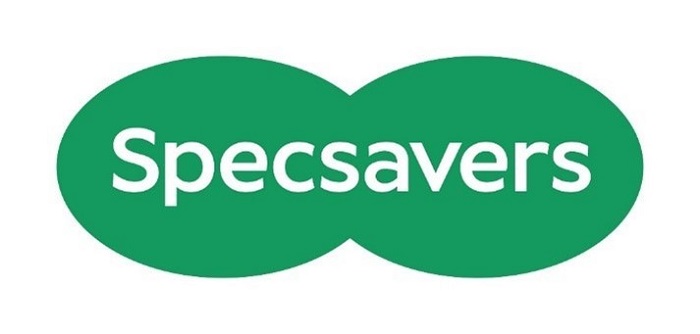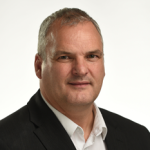General News
Manifesto fighting for nation’s eye and hearing health launches
 Manifesto fighting for nation’s eye and hearing health launches
Manifesto fighting for nation’s eye and hearing health launches
A MANIFESTO fighting for the nation’s eye and hearing health has been launched as the general election hots up – with healthcare and the NHS topping voters’ concerns.
With polling day just weeks away, Specsavers has launched the manifesto to industry highlighting how community optometry and audiology can further improve patient access to care and support the NHS – freeing up millions of GP and hospital appointments as well as reducing A&E attendances. Polls show that improving healthcare is among the top issues that voters say will decide who to vote for*.
‘The Specsavers manifesto sets out changes in primary care eye and hearing health that have the biggest positive impact, tackling a postcode lottery when it comes to access to care,’ says Giles Edmonds, Specsavers clinical services director.
‘For eye health, we are urging the next government to back community minor and urgent eye care services to treat minor eye conditions available from NHS opticians in every community throughout England.
‘Incoming ministers should also make full use of the skills of optometrists and their clinical teams in England by detecting, managing, and monitoring glaucoma in the community through a single standardised pathway integrating hospital eye services and high street opticians.
‘Unnecessary barriers to eye health services should also be scrapped in England for people who can’t leave their own homes unaccompanied, including those residing in care homes and for people experiencing homelessness not in receipt of state benefits.’
He adds: ‘Primary care optometrists can save millions of GP consultations, routine hospital appointments and A&E attendances every year by managing eye-related conditions in the community. We are a friendly face to patients delivering healthcare closer to home. With a consistent commissioning and funding approach we can do even more to help patients and free up capacity in busy hospitals. Specsavers is also committed to the development of clinicians and their teams to deliver positive change.’
 Gordon Harrison, Specsavers director of professional advancement – audiology, says that making audiology a primary care service across the UK will also deliver improvements for patients and the NHS.
Gordon Harrison, Specsavers director of professional advancement – audiology, says that making audiology a primary care service across the UK will also deliver improvements for patients and the NHS.
‘We want to see a nationally commissioned primary care audiology service for adults of all ages. It will enable everyone who needs NHS hearing care to refer themselves to a hearing care provider in the community, exactly as they do for problems with their eyesight,’ he says.
‘We are calling for the commissioning of removal of ear wax by primary care audiologists, in the community, everywhere so that ability to pay is not a barrier to receiving care. Efforts to encourage hearing aid use as a means of facilitating life-long learning, continuing employment, maintaining independence and social engagement must also be supported by the incoming government.’
Underlining the need for action, he notes that about 40% of new referrals to UK hospitals for ear and hearing care in 2023 were for uncomplicated hearing problems including wax build up, presbycusis, and a runny nose.
‘The Association for Primary Care Audiology Providers commissioned research to show that if access to primary care audiology was improved almost all these people could have their needs met more conveniently, and more cost effectively for the NHS, in primary care**.
‘More than two million GP appointments could also be saved per year, enabling GPs to focus on more urgent medical needs and more than 250,000 hospital appointments saved per year freeing up time and capacity for one of the busiest hospital specialities,’ says Mr Harrison.
Specsavers – which is politically neutral – is now urging colleagues from across the eye and hearing health sectors to work together to support the aims of the manifesto to improve patient outcomes.
‘The changes we are calling for can be delivered at scale and at pace, providing real benefits to patients in a matter of months, not years – without big reforms to the health system or significant additional investment from the NHS,’ concludes Mr Edmonds.
*NCHA. The Association for Primary Care audiology Providers (2024) Primary care audiology England: https://www.the-ncha.com/england
** Polling by YouGov has found that health is in the two most important issues in deciding who to vote for. An Ipsos survey for The Standard newspaper found that 63% of adults named improving the health service as one of the three of four issues that a Labour government, if elected, should focus on in the first six months.





















